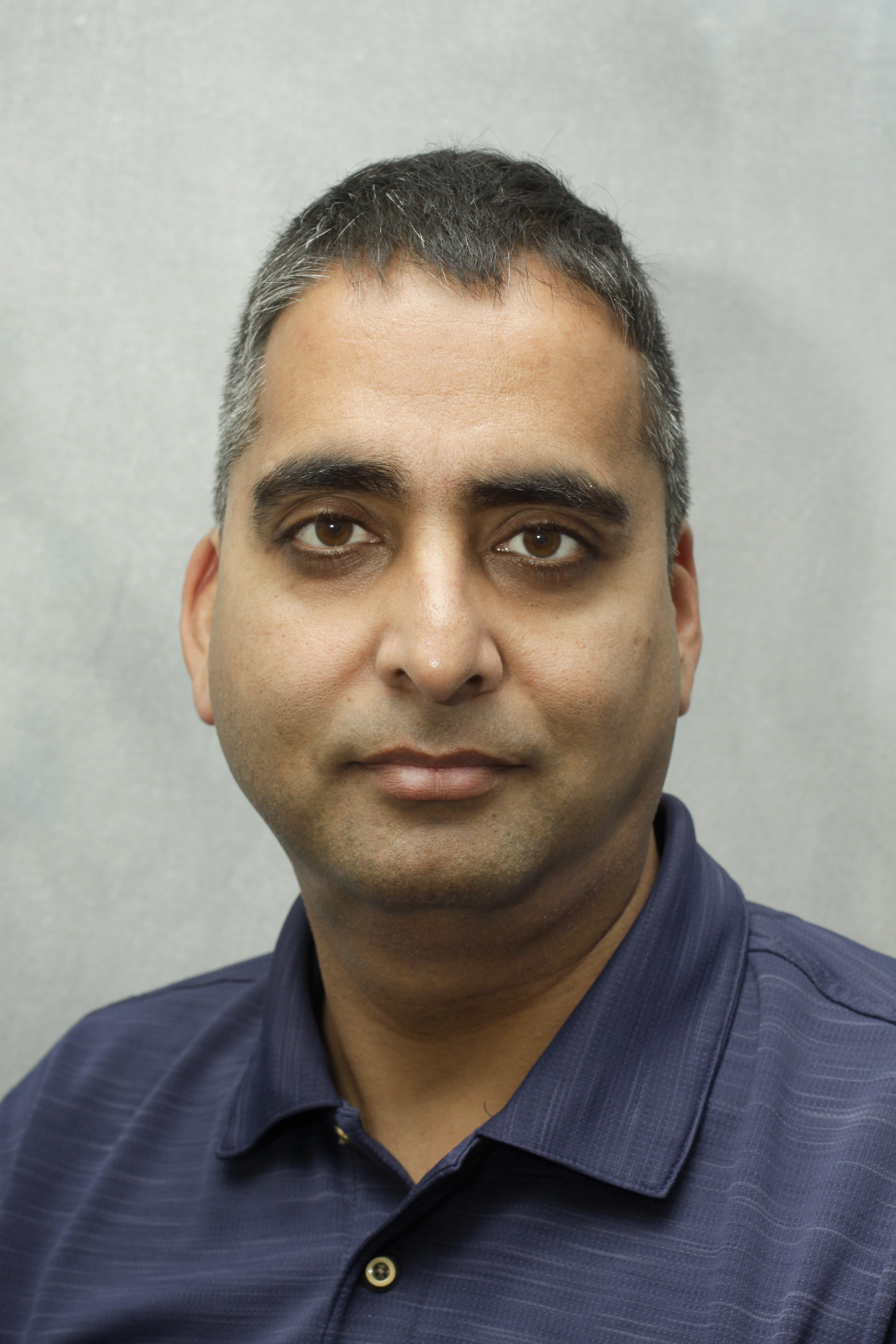 In November 2018 my brother killed himself. He was 48 years old. He was a hard working consultant cardiologist whose motivation in life was to serve his patients. His death was untimely, unexpected, and he left behind family members, colleagues, friends and patients who are still grieving.
In November 2018 my brother killed himself. He was 48 years old. He was a hard working consultant cardiologist whose motivation in life was to serve his patients. His death was untimely, unexpected, and he left behind family members, colleagues, friends and patients who are still grieving.
My brother sailed through university and his early years as a junior doctor. He became a consultant in his thirties. Our family admired and respected his achievements, his caring nature and desire to please others and, given his perfectionism personality trait, he was by all accounts a fabulous doctor. Sadly, these traits, whilst valued in doctors also, if abused through unrelenting workload, lack of resources and poor team work, can lead to burn out, depression and even suicide. That is what I believe happened to my brother.
My brother never took a sick day in his life, he considered it a sign of failure. When asked to take time off from work, instead of relief, he felt guilty and ashamed. He was letting his patients down—and going from all to nothing was too much for him to bear. In retrospect it would have been better instead of being asked to take time off for the workload pressures to have been addressed.
I never thought I would be facing suicide in my family. I will never know for sure why my brother killed himself. I can be sure though, that being a doctor played a significant part in his death.
There is much to do in the medical profession and health systems to eliminate stigma and provide the right environment so that health workers can seek help when they need to. It still astounds me that those in the caring professions, like doctors, practice and deliver impeccable compassionate care but receive little or none from the system in return.
Stigma is killing people and I encourage society to help look after those that care for us. This is why I have started a charity to raise awareness of this cause and hope to minimise the suffering of others. Doctors are human too, had my brother been able to reach out and get the right level of help he needed without fear of retribution or judgment, he would be alive today.
| The BMJ is running a wellbeing campaign. You can follow our work at https://www.bmj.com/wellbeing and take part by sharing your examples of where things are changing for the better or where more work needs to be done through social media using #giveusabreak. |
See also: Awareness of suicide is important, but more vital are formalised measures to prevent it
Amandip Sidhu is the founder and CEO of Doctors in Distress
Twitter: @DoctorsDistress
Competing interests: None declared
